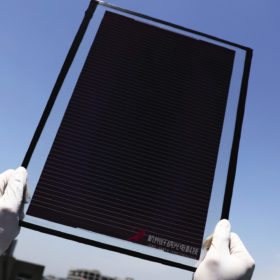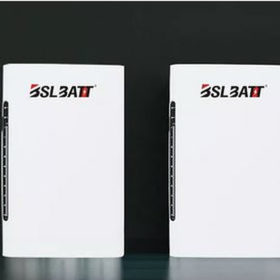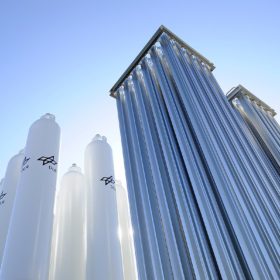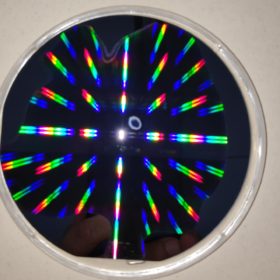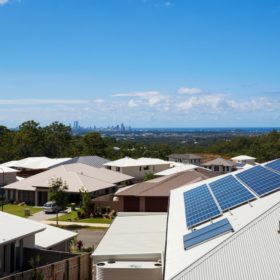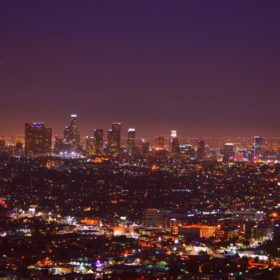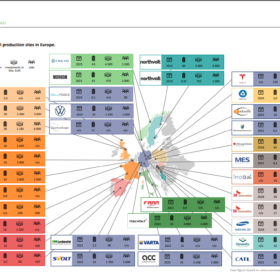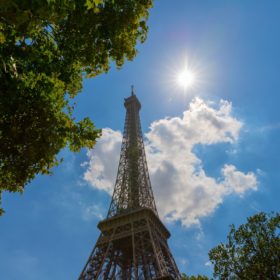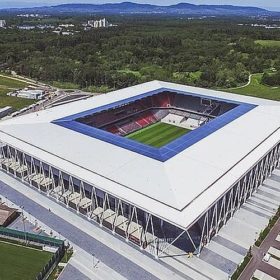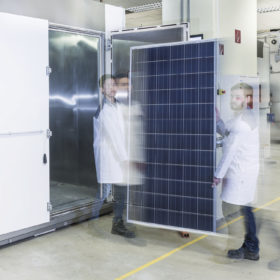Chinese PV Industry Brief: Microquanta builds 12 MW ground-mounted project with perovskite solar modules
In other news, Haiyuan Material (HYM) said it will commission its 600 MW heterojunction cell factory in July and Polysilicon supplier Daqo announced it is seeking to raise RMB11 billion ($1.74 billion) through a share private placement.
New off-grid solar battery from China
Chinese manufacturer Bslbatt has unveiled a modular lithium-ion battery that can be used for the off-grid storage of solar energy. The device has a storage capacity ranging from 5.1 to 30.7 kWh and is claimed to provide steady operation for up to 6,000 charge cycles.
India introduces green hydrogen policy
The Green Hydrogen Policy is designed to promote green hydrogen and green ammonia projects with provisions like a 25-year waiver of inter-state transmission system (ISTS) charges and ISTS connectivity priority for renewable energy capacity set up for the purpose.
Novel IBC solar cell architecture based on crystal photonics shows efficiency potential of 29.1%
Scientists in Germany designed a poly-Si on oxide (POLO) interdigitated back-contact (IBC) solar cell integrating photon crystals and found this architecture has the potential to reach a power conversion efficiency of over 28%, which would be 1% higher than the current practical limit set by the scientific community. They also found that by improving passivation, the efficiency may be raised up to 29.1%.
Western Australia rolls out new rules to manage booming rooftop solar sector
Western Australia has introduced new curtailment rules which will allow for all new and upgraded solar PV and battery energy storage installations with an inverter capacity of 5 kW or less to be remotely turned down or switched off in emergency situations.
Los Angeles soon be home to the largest US green hydrogen infrastructure system
Southern California Gas Company is submitting an application to build a 10 to 20GW electrolyzer and 25 to 35GW of new and curtailed wind and solar, along with 2GW of energy storage, to deliver green hydrogen to the Los Angeles Basin.
Europe’s gigafactory boom in full swing with another plant announcement
The list of planned gigawatt-scale battery cell manufacturing plants in Europe has grown, with Anglo-Korean battery maker Eurocell announcing plans for a gigafab in Western Europe to start manufacturing at scale within 12 months.
France deployed 2.68GW of solar in 2021
Solar was able to cover over 3% of France’s total electricity demand last year and its cumulative capacity reached 13,067MW at the end of December.
Work begins on world’s second largest PV system on a stadium roof
The stadium of German football club SC Freiburg will host a 2.4MW rooftop solar array that will be built with heterojunction modules provided by Swiss manufacturer Meyer Burger.
Bangladesh needs more labs to check quality of solar imports
While the government is moving to require foreign modules, inverters, batteries and charge controllers be subject to mandatory testing, the fear is that there are not sufficient testing sites in the country to achieve that ambition.
